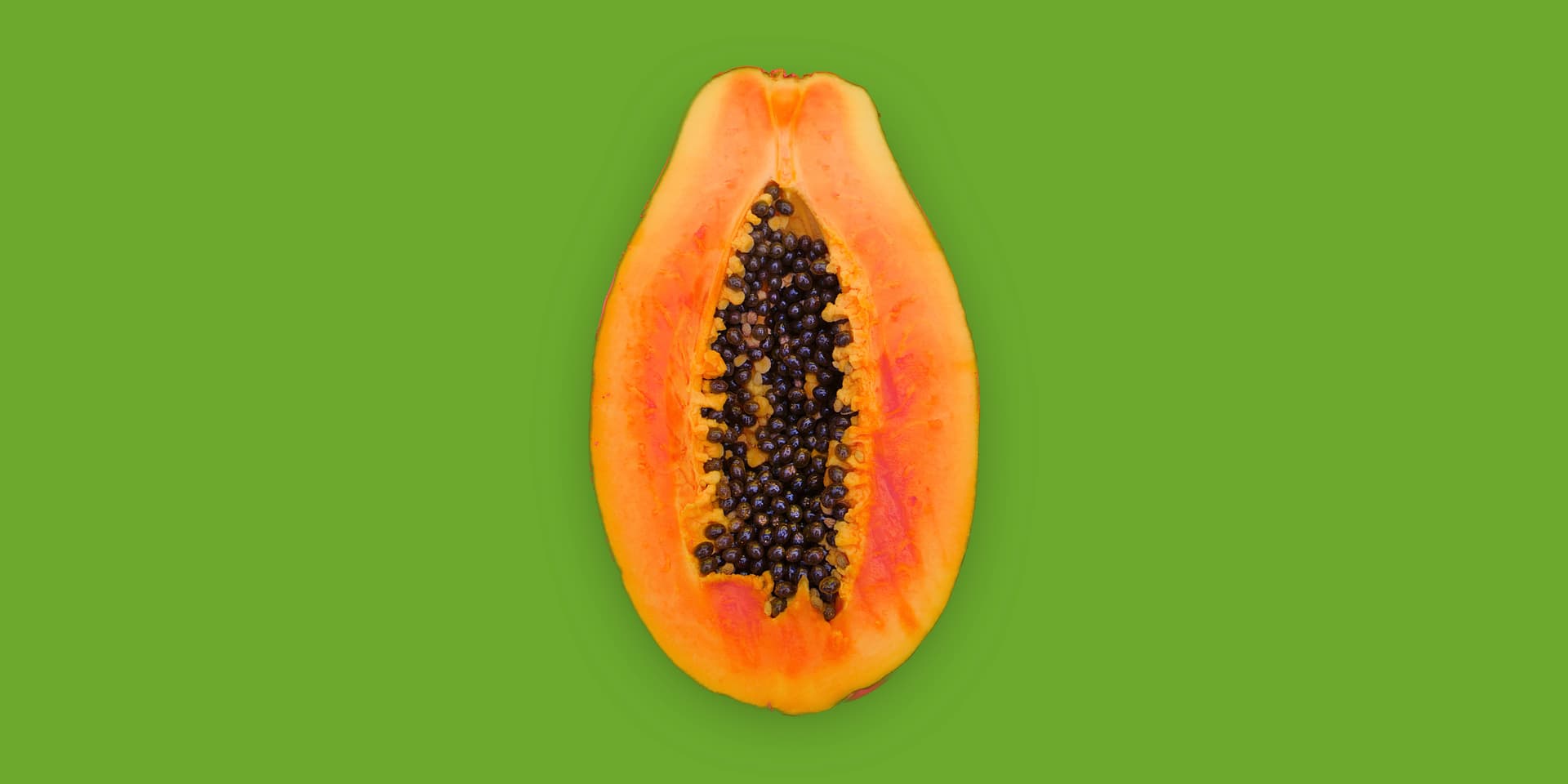
Can a yeast infection delay your period?

Key Points
- A yeast infection (vaginal candidiasis) usually won’t delay your period. But the hormonal changes that happen around your menstrual cycle can make it more likely you’ll get a yeast infection.
- If you’re sexually active and your period is late, you might be pregnant. But other things can delay your period, too.
- Prescription yeast infection treatments can help clear up your infection. And if you need an online prescription, Dr. B can help.
Yeast infections are caused by an overgrowth of a type of fungus called Candida. When this happens, you might have symptoms of a yeast infection, like vaginal itching or a thick, white clumpy discharge. (It often looks like cottage cheese).
These infections can be pretty uncomfortable and throw off your routine. But can the infection throw off your period?
Read on to learn all about the link between periods and yeast infections.
Have an infection right now? Antifungal medications can get them moving on their way in as little as a single dose. To get that prescription without getting off the couch, start a $15 online consultation with Dr. B!
What’s the link between periods and yeast infections?
Yeast infections are most common in the luteal phase of the menstrual cycle. During that time, the uterus builds up a thick lining to support a potential pregnancy.
Progesterone levels are highest in the middle of your cycle. Then progesterone levels fall, triggering your period. High levels of progesterone make it harder for Candida to grow. So the drop in the process might be why yeast infections are more common around menstruation.
But many other things that can cause a yeast infection. “Good” bacteria like Lactobacillus acidophilus help control the growth of yeast cells. So anything that disrupts the balance of bacteria and yeast in the vagina can also lead to problems.
Other potential causes of a yeast infection include:
- Antibiotics (which can also kill “good” bacteria, like the ones that protect against yeast)
- Hormonal birth control
- Uncontrolled diabetes
- Infection
- Pregnancy
Why is my period late?
A complex cycle of hormones controls what happens during your period. That means medications, stress, exercise and a host of other things can mess with your cycle. Some birth control pills and other methods may stop your period entirely, too.
Things that can delay your period include:
- Pregnancy (obviously)
- Long-term intense stress (more than a couple of bad days in a row)
- Polycystic ovarian syndrome (PCOS)
- Low body weight, high body weight, or rapid weight changes
- Menopause or perimenopause
- Primary ovarian insufficiency (when ovaries don’t work the way they should before age 40)
- Serious short-term illnesses like heart attack or pneumonia
- Some chronic illnesses like diabetes or pituitary tumors
- Extreme exercise
- Some medications, including some antidepressants, thyroid medications or chemotherapies
- Some hormonal birth control methods like Nexplanon or Depo-Provera, among others
- Thyroid problems
- Breastfeeding
Some of the above are no big deal. But if your period is more than a couple of days late, it’s a good idea to see your doctor. Sure, you might not be pregnant. But something else may need attention.
How to treat a yeast infection when you’re on your period
Treating a yeast infection while you’re on your period can get tricky.
Inserting medications into the vagina (suppositories) can get messy if you’re already bleeding. But if you and your doctor are okay with it, you can use them while you have your period.
Some antifungal creams and suppositories can weaken latex condoms and diaphragms. So while using them, avoiding sex altogether can help reduce the chance of getting pregnant or catching a sexually transmitted infection. You should also use a backup birth control method for a few days after finishing treatment—even if you’re on your period. Ask your doctor or pharmacist when it’s safe to use latex-based products again.
Several oral medications (medicines you take by mouth) can more easily treat a yeast infection while you’re menstruating. The downside is that they can cause side effects in more parts of your body compared to topical medicines. (Topicals are medicines you apply to the skin, including the vagina).
Online yeast infection treatment options
Having a yeast infection and worrying about your period can be a bummer. But oral and topical treatments can help clear up at least one of those problems relatively quickly.
And with Dr. B, you can explore your options with a licensed provider online!
Start a convenient (and discreet) $15 online consultation. We’ll connect you with a licensed provider any day of the week—holidays included. If appropriate, they’ll send a prescription to your chosen mail order or local pharmacy within three working hours. We’ll even help you find the lowest prescription cost in your area and send you a discount card to secure that price.
Learn more about how it works or get started today!
Sources
Alves, C. T., et al. (2014). Effect of progesterone on Candida albicans vaginal pathogenicity. International Journal of Medical Microbiology.
Arya, N.R., et al. (2023). Candidiasis. StatPearls Publishing.
Gonçalves, B., et al. (2016). Vulvovaginal candidiasis: Epidemiology, microbiology and risk factors. Critical Reviews in Microbiology.
Paladine, H.L. (2018). Vaginitis: diagnosis and treatment. American Family Physician.
US Department of Health and Human Services Office of Women’s Health. (2021). Vaginal yeast infections.
Sign up for the free Dr. B newsletter for a weekly report on the latest in healthcare + research-based advice for staying healthy and mentally well.





